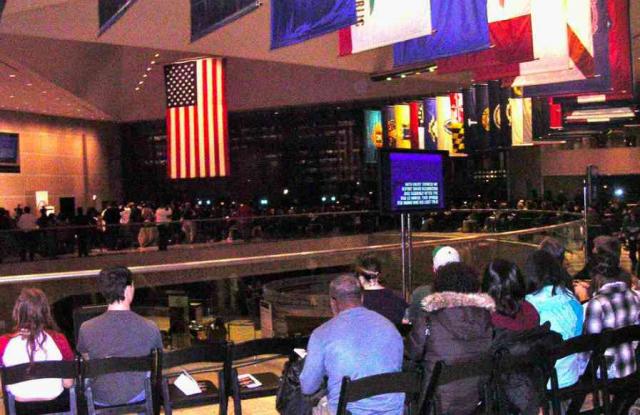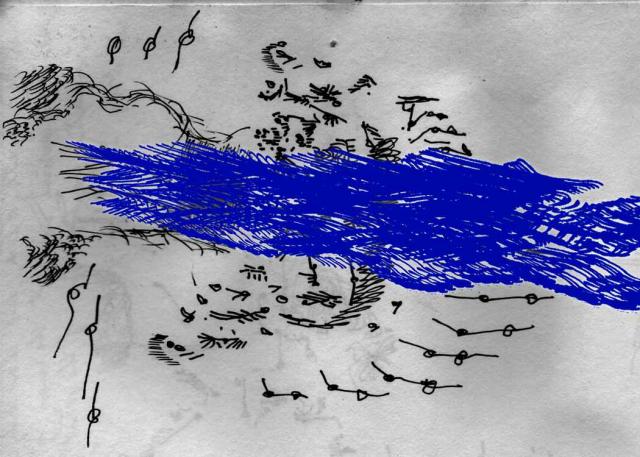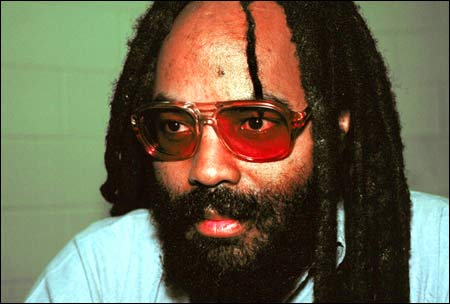Islamabad — This past June I posted an article by Anatol Lieven on Facebook. For those who are not familiar with his name, Anatol is from the UK and numbers among the few journalists whom I always enjoy reading. I have met Anatol a few times and he is the kind of person who likes to get acquainted with the psycho-social environment of the people he writes about. Written in the wake of Osama bin Laden’s execution, Anatol’s article was critical of the US approach to the region, particularly Pakistan.
Among those responding to this post was an American whom I would rather not embarrass by naming; so let’s just call him X. Admitting that he hadn’t read through Anatol’s article and was judging its contents by earlier articles of the author, he went on to add, “let me put this as simply as possible, for you to understand. The US has concluded that the Pakistan army is part of the problem, not the solution; and that the interests of the Pakistan army are not identical with those of Pakistan. Consequently, the US has decided that the Pakistan army has to be cut to size and, if in the process of doing so, the Pakistan army is destroyed, so be it. And, I agree”.
The first thing that hit me was the arrogance of his statement. The “US has decided (on behalf of, and for, the people of Pakistan) that its army’s interests and theirs are not identical”, and will, on behalf of, and for Pakistan, cut its army to size! Typical arrogance expected of the American establishment. The only issue was that this American had hitherto seemed pretty level-headed and very far from arrogant. Nor was he a Mansoor Ijaz or even an expatriate American. I commented on the arrogance of his words, to which he chose not to respond. However, I did not take the contents of his comment very seriously; not at that time.
The “Memo-gate” Scandal
Most readers will be familiar with this scandal, so I will cover just the bare outline of the incident from my perspective. On October 10th, Mansoor Ijaz, a multi millionaire American of Pakistani origin, wrote an op-ed for the Financial Times which, as it was expected to do, set Pakistan’s political landscape on fire.
His op-ed titled, “Time to take on Pakistan’s Jihadist spies”, as the title indicates, ostensibly seemed to target the ISI and the Pakistan military for maintaining ties with Jihadists. However, it mentioned the fact that in the aftermath of Osama bin Laden’s execution, he was contacted by a “senior diplomat”, who was known to be close to Pakistani President, Zardari. Apparently, Zardari feared the possibility of a military coup. Everybody knew that the senior Pakistani diplomat referred to Hussain Haqqani, Pakistan’s Ambassador to the US.
 Smoldering ruin of a border outpost inside Pakistan attacked by US helicopter gunships. 24 Pakistani soldiers were slaughtered here and at a second mountaintop outpost in an unprovoked and clearly coordinated US massacre
Smoldering ruin of a border outpost inside Pakistan attacked by US helicopter gunships. 24 Pakistani soldiers were slaughtered here and at a second mountaintop outpost in an unprovoked and clearly coordinated US massacre









